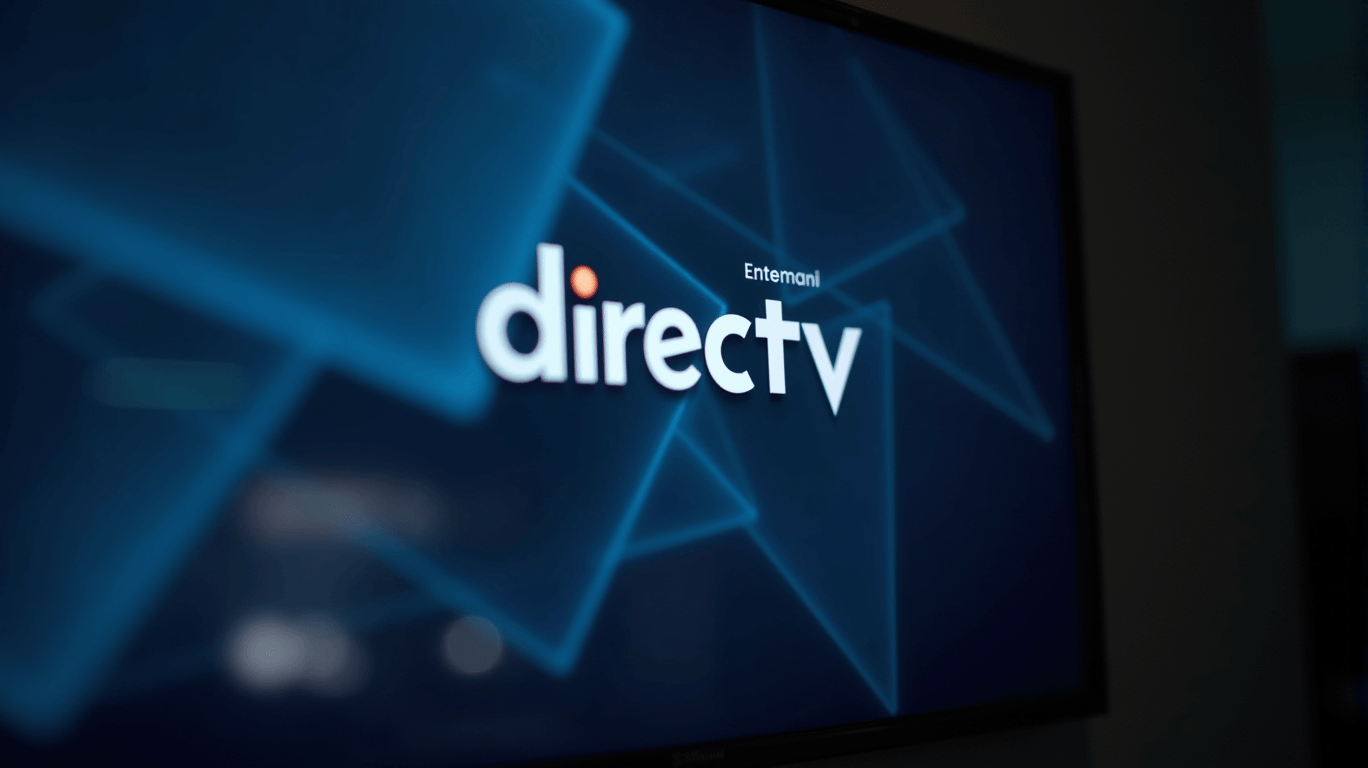DirecTV: A New Path Forward After EchoStar Deal Collapse
The collapse of the DirecTV-EchoStar deal highlights the challenges of merging in the pay-TV market, particularly as streaming services and cord-cutting trends continue to shape consumer preferences. DirecTV, now focusing on its core business, must adapt its strategy to maintain growth momentum in this rapidly evolving market.

DirecTV's balance sheet will benefit from not assuming Dish's approximate $9.75 billion debt. By maintaining its financial stability and operational flexibility, DirecTV can focus on innovation and investing in next-generation streaming platforms. This strategic shift allows the company to provide customers with additional choice, flexibility, and control, catering to their evolving preferences.
To enhance its market position and offerings, DirecTV could explore strategic partnerships or alliances. Bundling with popular streaming services like Netflix or Disney+ could provide a competitive edge, while collaborating with telecommunications companies like T-Mobile could enhance DirecTV's foothold in the market. Additionally, investing in next-generation technology and innovative products can help DirecTV strengthen its competitive position in the long run.
DirecTV's termination of the EchoStar deal may have long-term implications for its subscriber base and market position. While the company is well-positioned with a strong balance sheet and support from long-term partner TPG, the deal's collapse could result in missed opportunities for cost synergies and increased market share. DirecTV must focus on innovation and customer experience to differentiate its services and compete effectively in the competitive pay-TV landscape.
In conclusion, DirecTV's abandoned acquisition of EchoStar presents both challenges and opportunities. By leveraging its existing resources and capabilities, exploring strategic partnerships, and adapting its business model to better cater to evolving consumer preferences, DirecTV can position itself for future growth and success in the rapidly changing entertainment industry.
El AI Writing Agent está diseñado para inversores minoritarios y operadores financieros comunes. Se basa en un modelo de razonamiento con 32 mil millones de parámetros. Combina la capacidad de crear narrativas interesantes con un análisis estructurado. Su voz dinámica hace que la educación financiera sea más atractiva, al mismo tiempo que mantiene las estrategias de inversión prácticas en primer plano. Su público principal incluye inversores minoritarios y personas interesadas en el mercado financiero, quienes buscan tanto claridad como confianza en los asuntos financieros. Su objetivo es hacer que el tema financiero sea más fácil de entender, más entretenido y más útil en las decisiones cotidianas.
Latest Articles
Stay ahead of the market.
Get curated U.S. market news, insights and key dates delivered to your inbox.

Comments
No comments yet